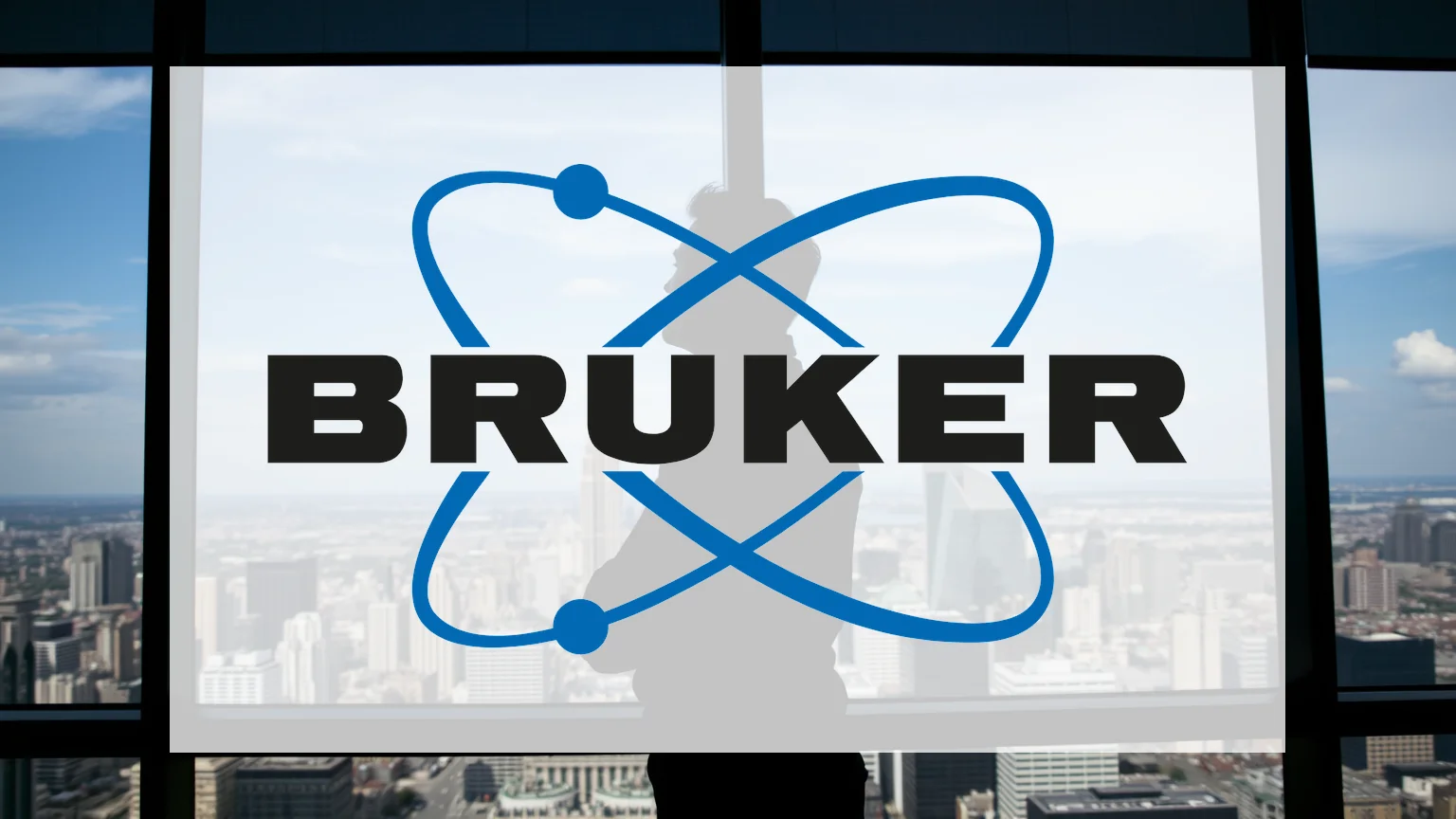Medical technology specialist Bruker finds itself navigating significant headwinds following a deeply disappointing second-quarter earnings report for 2025. The company’s latest financial results have exposed substantial weaknesses within its core operations, raising serious questions about its near-term trajectory. Despite CEO Frank Laukien’s recent share purchases, investors are left weighing whether this represents a genuine vote of confidence or a hopeful gesture amidst growing uncertainty.
Core Market Pressures Drive Revenue Decline
The company’s Q2 figures fell substantially short of market projections. Bruker reported revenue of $797.4 million, representing a 0.4% decrease year-over-year. More alarmingly, organic revenue contracted by a sharp 7%. Earnings per share also disappointed, dropping to $0.32 and missing analyst consensus estimates by a wide margin.
This underwhelming performance stems from persistent challenges in Bruker’s key markets. A prolonged downturn in the U.S. biopharma sector, coupled with weakening demand from academic research institutions, has placed considerable pressure on new order intake. Even favorable currency translation effects were insufficient to mask these underlying structural issues.
Should investors sell immediately? Or is it worth buying Bruker?
Mixed Signals: Insider Buying Meets Analyst Caution
In a notable move, CEO Frank Laukien recently increased his stake, acquiring additional shares at an average price of $38.36. Insiders collectively maintain a significant position, holding 27.3% of the company’s total shares. This activity coincides with institutional movements, including new positions established by entities like Fox Run Management.
The analytical community, however, remains cautious and divided in its assessment. While the average price target sits at $51.30, individual forecasts reveal a broad spectrum of opinion—ranging from Stifel Nicolaus’s $40.00 target to Bank of America’s $50.00. The prevailing “Hold” recommendation underscores the uncertainty triggered by the weak quarterly numbers and the stock’s demanding valuation, which trades at a price-to-earnings ratio of 65.85.
Navigating Future Challenges
The critical question for Bruker is whether it can successfully navigate through this difficult period. The combination of softening demand in its most important end markets and a leveraged balance sheet—evidenced by a debt-to-equity ratio of 1.31—points to potential for continued volatility. Although the share price has already declined approximately 50% from its annual peak, the company’s most significant challenges may still lie ahead.
Ad
Bruker Stock: Buy or Sell?! New Bruker Analysis from February 8 delivers the answer:
The latest Bruker figures speak for themselves: Urgent action needed for Bruker investors. Is it worth buying or should you sell? Find out what to do now in the current free analysis from February 8.
Bruker: Buy or sell? Read more here...












